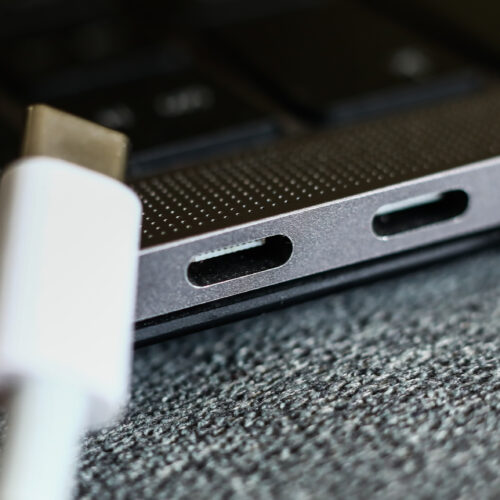EU “energetically” probing disinformation, right-wing bias on X, report says
The European Commission (EC) is planning to "energetically" advance its probe into content moderation on X (formerly Twitter), potentially ordering changes at Elon Musk's social network in the coming months, Bloomberg reported.
Since 2023, the EC has been investigating X for possible violations of the Digital Services Act (DSA). Notably, it's the group's first formal probe under the DSA, which requires very large online platforms to meet strict content moderation and transparency standards to ensure user safety, reduce misinformation, prevent illegal/harmful activity, and facilitate "a fair and open online platform environment."
In a letter to European lawmakers viewed by Bloomberg, EC tech commissioner Henna Virkkunen and justice chief Michael McGrath apparently confirmed that the investigation into X will end “as early as legally possible."


© Tom Williams / Contributor | CQ-Roll Call, Inc.

